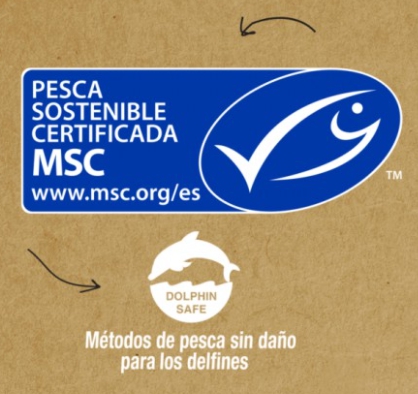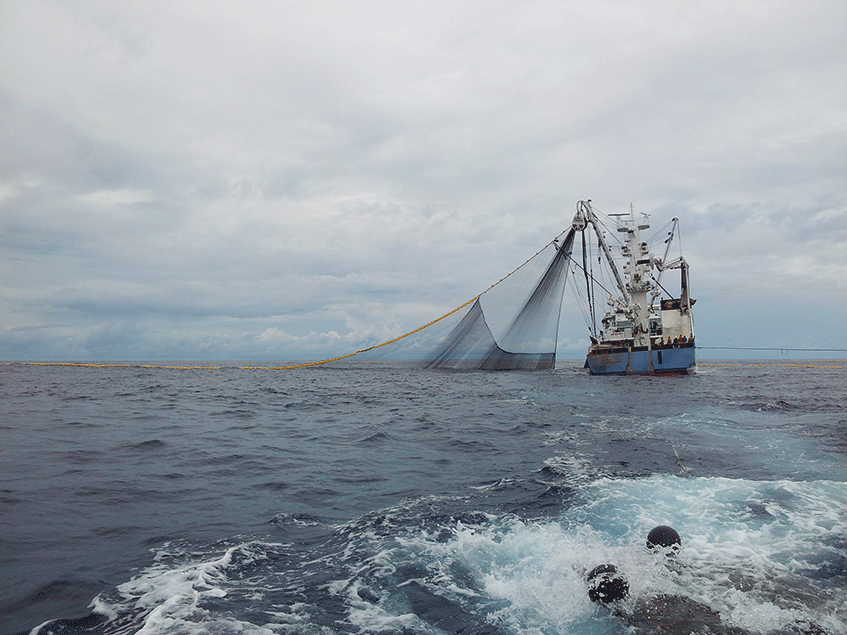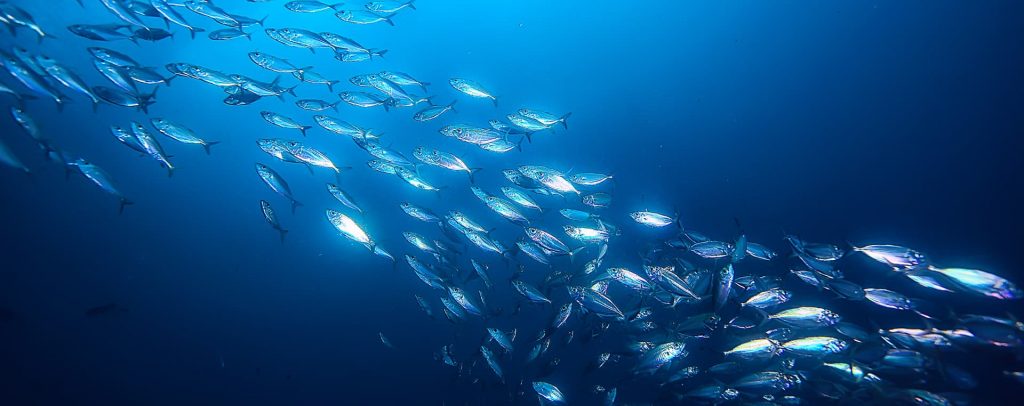Sustainable fishing is at the centre of the environmental debate at a global level. Guaranteeing a controlled profiting from the sea’s resources, without compromising them for future generations, is an unavoidable challenge in every international bodies’ agenda. Not in vain the General Assembly of the United Nations declared 2022 as the International Year of Artisanal Fisheries and Aquaculture (IYAFA 2022).
This recognition, decided by the Food and Agriculture Organization of the United Nations (FAO), has the objective of providing visibility to small fishermen and aquaculture workers who contribute, with their daily work, to eradicate poverty and feed their communities in a sustainable way.
However, what exactly do we consider sustainable fishing? And more importantly, how can we be certain that the products from the sea we consume come from environmentally responsible activities?
What is sustainable fishing?
Sustainable fishing is that which does not endanger the survival of edible species, allowing them to maintain their numbers without reducing their reproduction numbers, while safeguarding the rest of the marine ecosystem. Fishing should be carried out respecting the maximum capture quotas, and during the periods when the animals are in their optimal maturity stage, thus protecting spawn and young fish.
The best practices that pave the way for sustainable fishing are in the Code of Conduct for Responsible Fisheries, adopted by the FAO in 1995. It sets out the international standards of behavior with the goal, among others, to ensure that “biodiversity of aquatic habitats and ecosystems is conserved and endangered species are protected”, and that “depleted stocks are allowed to recover or, where appropriate, are actively restored”.
FAO’s guidelines overlap with transnational directives (as happens in the EU’s case), national regulations and quality standards that are renowned internationally, such as the Marine Stewardship Council (MSC).

What conditions must be met for fishing to become sustainable?
When it comes to evaluating the fisheries, MSC studies three criteria to award their sustainable fishing credentials:
- The condition of fish population. They check that fishing activities is not compromising the continuity of the species long-term.
- Environmental impact. It is necessary to verify that the economic activity does not damage other species or their habitat’s environment.
- Fishing management. They look very closely at the scrupulous compliance with the current legislations and the capability to adapt to new and changeable environmental conditions.
The numbers speak: reasons to foster sustainable fishing
Fishing in a sustainable manner is today, more than ever, a duty. The report The State of World Fisheries and Aquaculture 2020 by the FAO, warns that the percentage of fish populations that are exploited at unsustainable levels has gone from a 10 % to a 34.2 % in 2017. When we look at the different zones, the worst part falls on the Mediterranean and Black seas, rising to a 62.5 % of fish populations exploited surpassing the limits of sustainability.
What can you do to foster sustainable fishing?
Beyond establishing intergovernmental agreements and joint penalization policies to end non-compliance with the regulations, as consumers we can do our bit to contribute to sustainable fishing. Take a note of these:
- When buying fresh fish and seafood, check its place of origin. The pieces should be labelled correctly, or you can always ask the seller.
- In the case of purchasing canned fish or seafood, check their nutritional information and the instructions on the packaging. Check the origin of the raw product and look for information about the manufacturer’s packaging processes, as well as the brand’s corporate values.
Palacio de Oriente’s products have various certifications that guarantee the quality and sustainability of our canned goods, such as the DOP Galicia of our mussels or the blue seal awarded by the MSC. Look for this last stamp in our MSC albacore tuna in organic virgin extra olive oil, or in our MSC Cantabrian Sea anchovies in organic virgin extra olive oil. A guarantee of today’s flavor, a promise for the future of our seas tomorrow.

Posts relacionados


